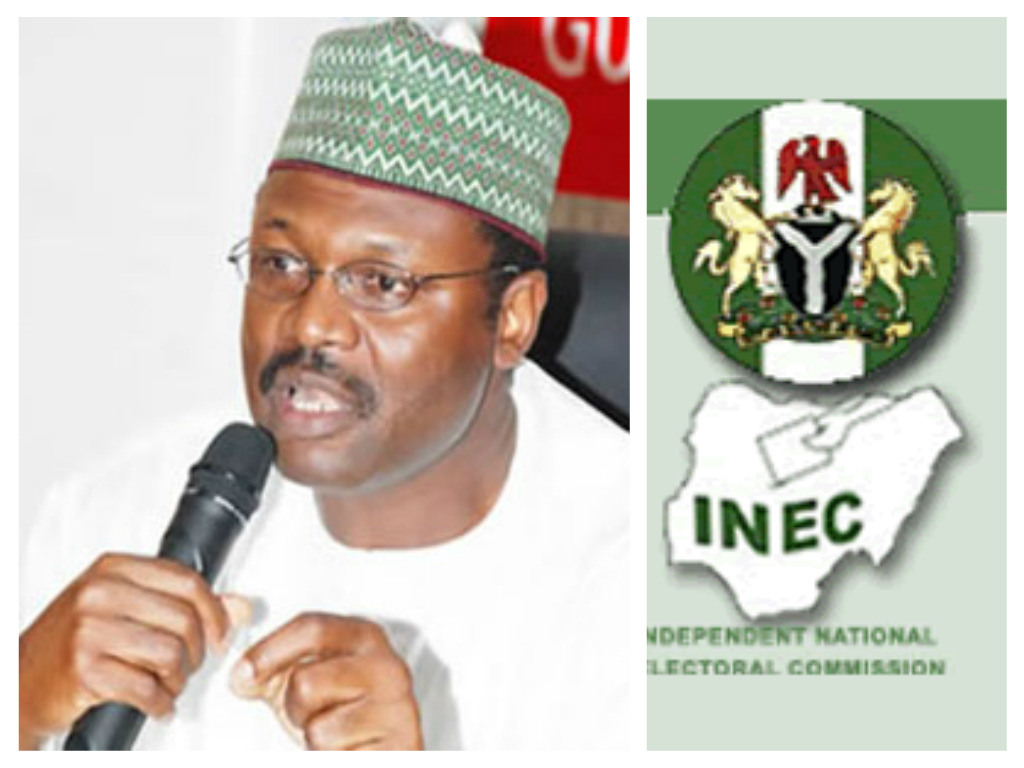It was certainly a surprising development when the news broke out at 2:45AM, that the general elections earlier scheduled for today, 16th February, 2019, was no longer feasible.
A lot Nigerians, both at home and abroad, did not take this news happily. The development has sparked up a lot of conversations worldwide, with most expressing their disappointment in the Nigerian government and their increased disbelief in the Mahmood Yakubu-led Independent National Electoral commission.
A lot has been said regarding the postponement. Some say it is a plot by the ruling party to rig the elections or an avenue to buy more time in their election preparations, others say its INEC’s lack of adequate preparations that is playing out here. However way we look at it, the postponement will have some effect on the whole electoral process when it finally happens.
Click here to watch weekly episodes of our Housing Development Programme on AIT
As we all know, not everyone lives where they are registered to vote. Some might have migrated to other parts of the country and would have to travel back to vote. With the original date in mind, some of these people might have travelled back to vote only to realise it has been postponed. Such people may not bother to go back when the time comes to vote. Apart from people who have migrated, some others might have plans for that day which they feel is more important than the election and will make them unavailable for the exercise.

INEC’s budget for the election year is roughly 189 billion. It is safe to say that a large chunk of that budget that has already been expended on logistics in preparation for elections on February 16 has gone to waste, never to be recouped.
INEC will also need to make adjustments to already incurred costs, almost doubling costs.
Individual spending has increased in the last two days. Many have gone to filling stations and supermarkets to stock up for the election weekend, while some have travelled out of their places of residence to their constituencies where they are registered to vote.
A lot of people believe that INEC’s independence has been undermined, it is believed in some quarters that INEC succumbed to pressure put on them by the ruling party to postpone the elections. The whole drama has put doubts in the minds of Nigerians over the indifference of INEC, as International and local observers now question how credible the forthcoming elections will be.
This is very dangerous for our democracy, considering the fact that if the opposition party loses, many wouldn’t be satisfied and will start pointing accusing fingers which may result into serious violence, loss of lives and property.
 With the postponement, some international media houses would see Nigeria as an unserious nation and wouldn’t bother sending reps and journalists to cover the polls. The negative impact of this is that the international community wouldn’t follow the events as they unfold and this is sad to know.
With the postponement, some international media houses would see Nigeria as an unserious nation and wouldn’t bother sending reps and journalists to cover the polls. The negative impact of this is that the international community wouldn’t follow the events as they unfold and this is sad to know.
More time for mischievous politicians to execute their evil plans: The postponement of the polls gives bad politicians more time to perform some distasteful act. Now we hear of already thumb printed Permanent Voters Cards (PVC), paying people to sell their (PVC), printing fake materials and so on. This postponement would give room for more plots and tricks towards rigging the upcoming polls to be concocted.
So many sectors in Nigeria are still counting their losses. Businesses closed at least 3-4hours early yesterday because of election and there are several events scheduled for Feb 23 & March 9.
Some businesses would be on hold, as lot of people have left their business places to travel for the election. It will affect the flow of money in the economy.

The responsibility for the postponement of this election goes to the government and INEC, for this global embarrassment to our nation. It has portrayed us in the eyes of the international community as unserious.
The postponement has unwittingly eroded the credibility of the elections and the capacity of INEC, in spite of the huge resources committed to it and the length of time available for planning and logistics.
The chairman of the Independent National Electoral Commission (INEC), Professor Mahmood Yakubu, earlier announced the postponement on Saturday, February 16, at a press briefing held at the commission’s headquarters in Abuja.
INEC postponed the general elections, with the presidential and National Assembly elections scheduled to hold on February 16 moved to February 23. The governorship/State House of Assembly are also shifted from March 2, to March 9. Yakubu attributed the postponement to lack of adequate logistics and some other challenges. He said that the postponement would give the commission room to address the identified challenges to give credible elections.
 The INEC boss said: “Following a careful review of the implementation of its logistics and operational plan, and the determination to conduct free, fair, and credible elections, the commission came to the conclusion that proceeding with the elections as scheduled is no longer feasible.”
The INEC boss said: “Following a careful review of the implementation of its logistics and operational plan, and the determination to conduct free, fair, and credible elections, the commission came to the conclusion that proceeding with the elections as scheduled is no longer feasible.”
Source: Affa Acho





